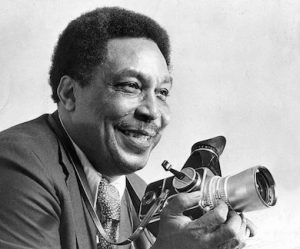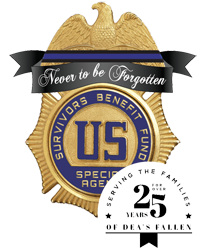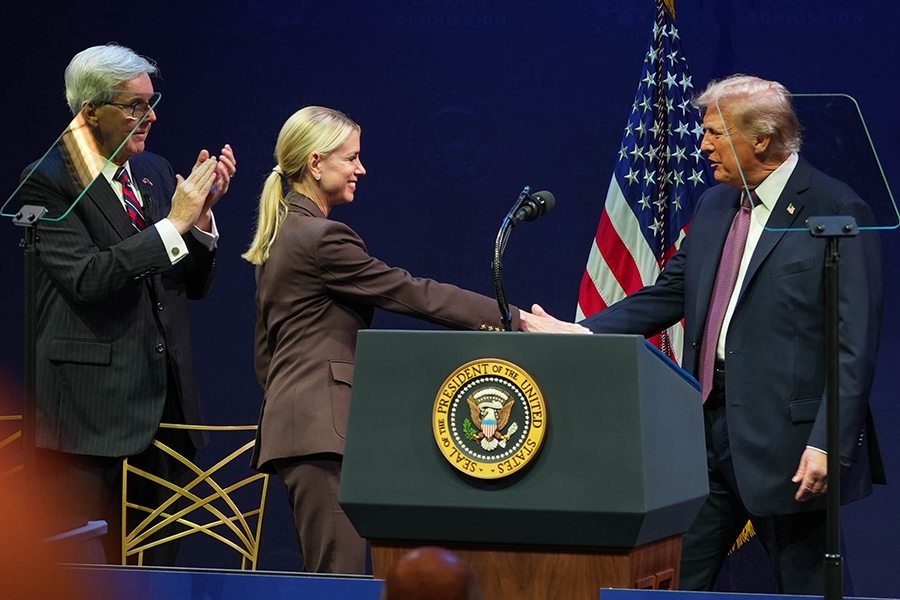
By Steve Neavling
Ticklethewire.com
Photographer Ernest Withers won over the trust of civil rights leaders, capturing some of the most iconic images of the civil rights era.
He snapped some of the storied photos from the time – Martin Luther King Jr. riding on one of the first integrated buses in Montgomery, the Little Rock school integration showdown and the dramatic moment in a Mississippi court room when Emmett Till’s great uncle pointed an accusing finger at the abductor of his great-nephew.
His presence was so ubiquitous and his photos so powerful that he won the trust of civil rights leaders, including Martin Luther King, who considered Withers a friend.
But the beloved photographer wasn’t just recording history. He was an FBI informant who shared a plethora of inside information to the bureau that had surveilled King Jr. for years.
Withers’ double life was exposed in 2010 by dogged Memphis reporter Marc Perrusquia, who exposed the photographer’s double life in the pages of the Commercial Appeal. But the story raised more questions than it answered because the FBI declined to turn over once-classified documents.
Perrusquia sued the FBI and won, giving him thousands of records that confirmed Perrusquia was a very active informant who provided inside information from 1958 to 1976.
Just short of the 50th anniversary of King’s assassination this week, Perrusquia published a 344-page hardcover book about Withers’ double life – “How the FBI Used a Famous Photographer to Infiltrate the Civil Rights Movement.”
Perrusquia recently explained his motive to write the book during an interview with the Tennesseean newspaper: One of the main things I want people to understand is that I’m not trying to erode Ernest Wither’s place in history as a legitimate Civil Rights figure. I’m just trying to cast a light on this hidden history that wasn’t known before. The stuff that Withers did for the FBI does not eclipse what he did for the movement, but it does rival it. His story is instructive to readers who want to learn from history. These government operations were very corrosive to our democracy. This story provides a good lesson for this country going forward — freedom of speech, the right to protest — these are cherished American values that we don’t want eroded because views are either unpopular or considered dangerous.





